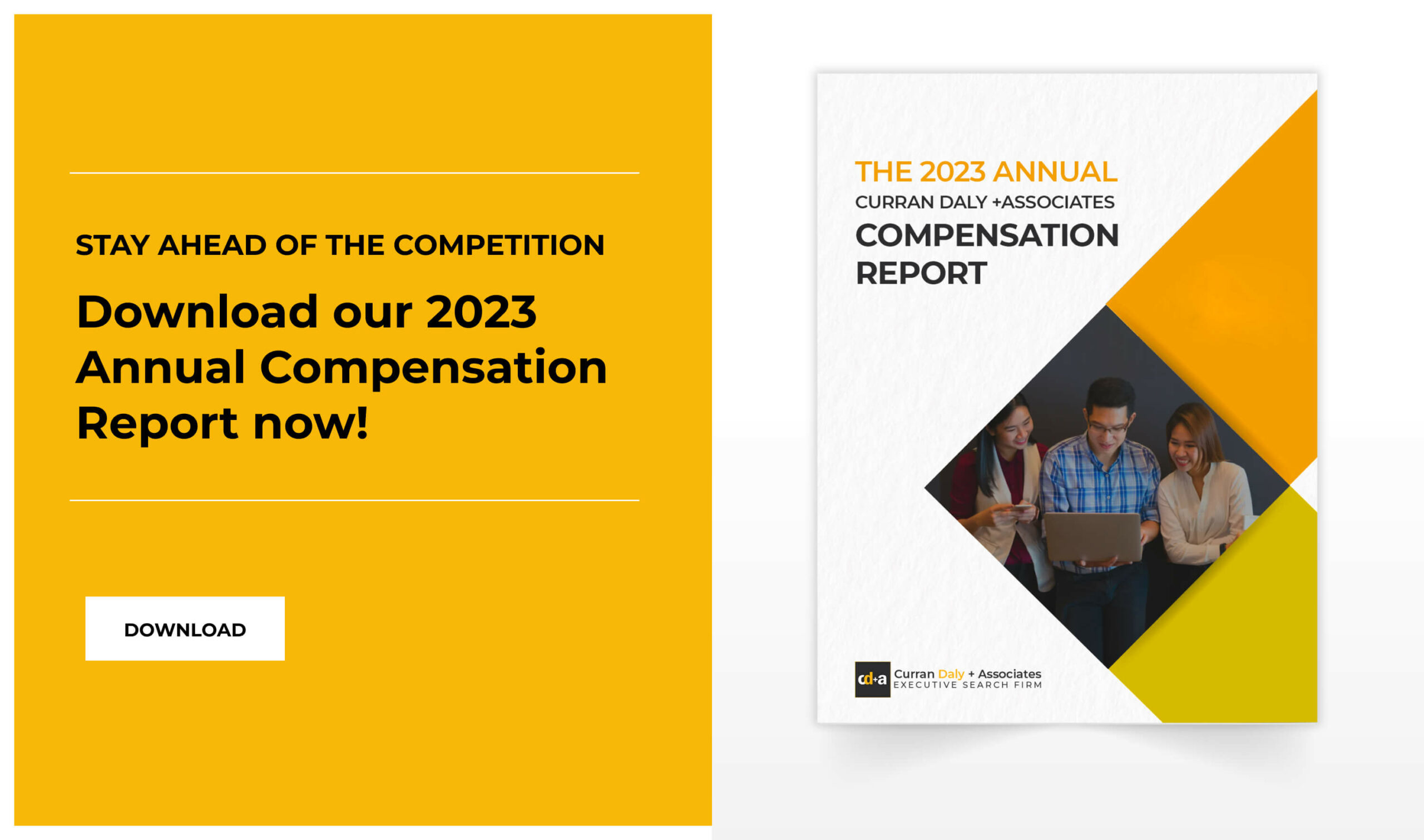Interview cancellations are a fact of life in recruiting. Candidates cancel for all sorts of reasons, from personal emergencies to cold feet.
As a recruiter, it’s important to be prepared for cancellations and know how to handle them gracefully. Here are four tips for dealing with interview cancellations.
What to Do Immediately After a Cancellation
1. Keep a Backup Candidate in Mind
As a recruiter, it’s always a good idea to have a backup candidate in mind in case your first choice cancels. That way, you can quickly reschedule the interview without having to start the candidate search from scratch.
2. Send a Postponement Email ASAP
If you do find yourself in the position of having to reschedule an interview, it’s important to send out a postponement email as soon as possible. In the email, be sure to apologize for the inconvenience and explain why the interview is being postponed. Then, propose two or three new dates and times for the interview.
3. Follow Up With a Phone Call If Necessary
In some cases, a candidate may need a little extra prompting to reschedule an interview. If that’s the case, follow up with a phone call after sending the postponement email. Again, apologize for the inconvenience and explain why the interview is being postponed. Then, propose two or three new dates and times for the interview. Getting confirmation from the candidate via phone will help ensure that there are no further delays in rescheduling the interview.
4. Be gracious
Finally, it’s important to remember that things happen and people sometimes have to cancel interviews at the last minute. As frustrating as it may be, try to remain understanding and gracious throughout the process. After all, you would appreciate the same consideration if you were in the candidate’s shoes!
General Principles to Follow When Dealing With Cancellations
Rapport
The best candidates are usually busy people. If they are currently employed, their time for interviewing is limited. They have multiple organizations vying for their attention. You are just one of many. On the other hand, fresh out of college candidates may be fearful and intimidated. They are focused on their own schedules and assume you have plenty of people to consider. So they assume, you wouldn’t care if they didn’t show up, you’d just move on to the next person on your list, right?
Whether experienced professionals or newbies to the workforce, job candidates today are focused on one thing: finding an organization that gives them the best feeling and makes getting hired easy. One of the best ways to prevent cancellation and no-shows is to invest time in building rapport with a candidate, selling the job opportunity to the candidate, and gaining a firm buy-in from them regarding their interest in working at the company. By building rapport with a candidate, you can earn their trust, and learn about their career goals and how those goals align with the current opportunity.
Tip for candidates: Honestly need to cancel with obligations you can’t move around. Do your best to avoid leaving a cancellation voice mail message or sending a cancellation text message or e-mail. Whenever possible, phone the person responsible for scheduling your interview and speak with him directly. This approach will identify you as a responsible professional.
Reduce Interview Waiting Time
Schedule interviews as soon as possible. Try not to go beyond two weeks. Don’t let someone else be faster than you. The easier you can make the hiring process and the more you understand the candidate, the greater the chances are that you’ll build a reputation for providing a great hiring experience and reduce the number of cancellations and no-shows.
Take each application seriously and commit only to go through the process when you are sure a candidate makes the time and has an interest in the opportunity.
Tip for candidates: Need to re-schedule? Make sure to contact the hiring person of the organization you are interviewing for ASAP! Don’t leave it until the last minute or not show up at all and then ask for a re-schedule. If you let them know as soon as possible and with a valid reason, then that’s manageable, if you just flake out then that just gives the interviewer the impression that you don’t respect their time and that you’re not truly interested in the position. Those in the habit of rescheduling at the last minute leave the impression that they do not value other people’s time.
Nobody wants to employ someone who breaks commitments or cannot seem to get their calendar in order.
Vet Candidates Thoroughly
What are the candidate’s expectations? For example salary and how that relates to the position being offered. If the candidate’s request is too far out of range, do they still want to interview for a job that offers less money? If so, it needs to be vetted with the candidate, otherwise, you risk having them decide at the last minute that the pay cut won’t work. The same thing is true of relocation. Are they truly willing to relocate? How committed are they to that decision? Learn as much as you can about what are deal-breakers for candidates to ensure that only candidates who are truly willing to work the job, where it’s located, for the salary offered, are the ones who interview.
Tip for candidates: Need to cancel the day of the meeting? Make sure it’s a valid reason like travel problems, you’re sick or there’s some burning issue you can’t avoid (family-related issues perhaps) in this case it warrants a personal call from you, apologies, and your most sincere effort to re-schedule.
Communicate, Communicate, Communicate
Create an e-mail campaign, so that candidates hear from your organization with interesting information every few days before the interview. Also, provide candidates with answers to questions, interview prep, what to expect at the interview, etc. And reinforce why your culture is a great place to spend their careers.
Tip for candidates: Not canceling but late? Don’t assume that showing up late doesn’t matter; it’s already part of your interview and proof that you respect timelines and deadlines. Anticipate getting lost, getting stuck in traffic, and spending 10 minutes looking for parking.
Final Thoughts
Being prepared for cancellations is an important part of recruiting. By having a backup candidate in mind and following up with prompt communication, you can ensure that any delays in scheduling are kept to a minimum. And above all else, remember to be gracious!










0 Comments